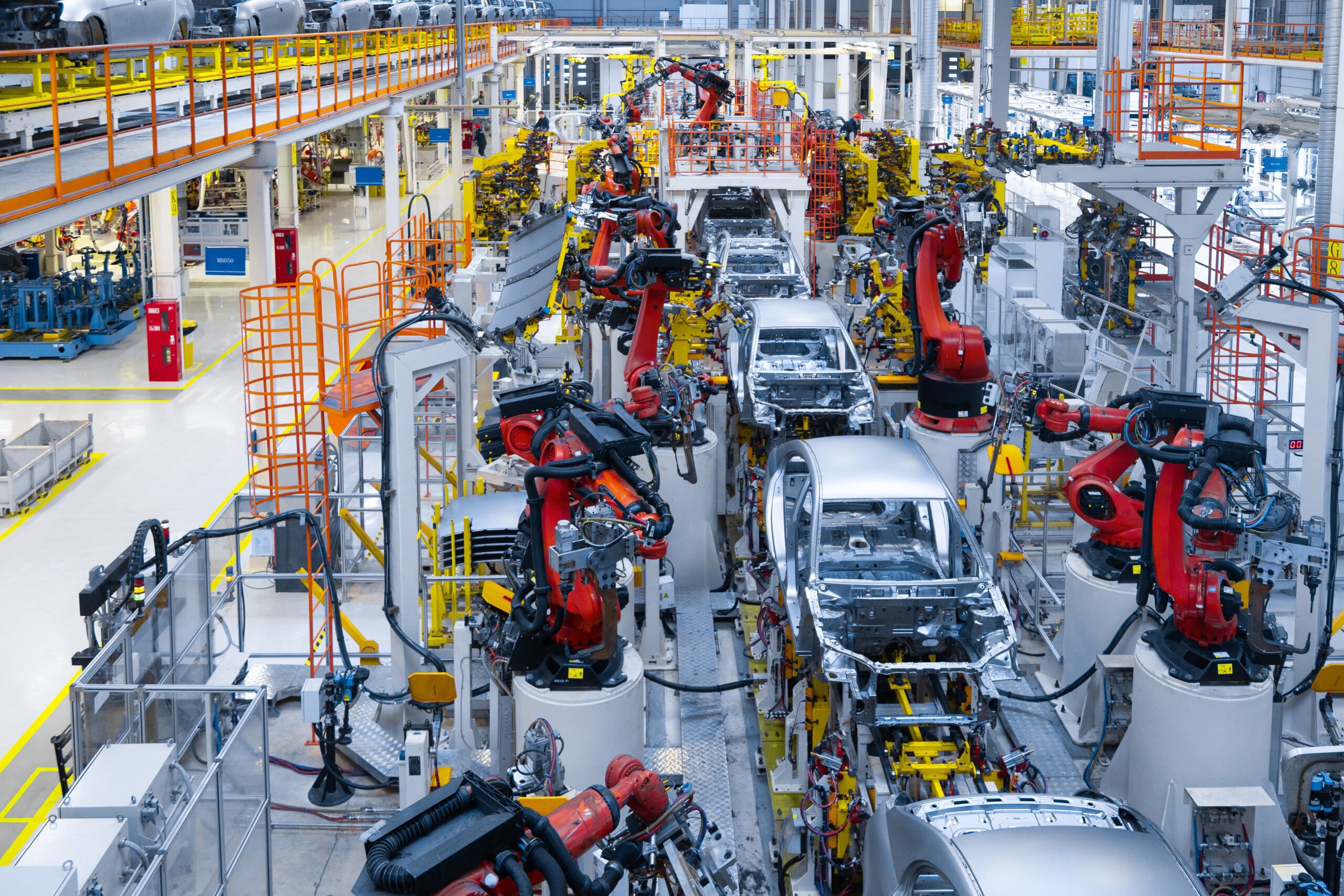How SaaS Solutions Are Transforming Chemical Safety and Waste Management The chemical industry plays a critical role in modern life, driving innovation …

Training Food & Beverage Teams and Suppliers for Compliance and Safety Success
Why Training Is a Critical Success Factor
In the food and beverage (F&B) industry, compliance and safety are more than regulatory obligations—they are essential for protecting consumer health, ensuring operational continuity, and safeguarding brand reputation. While digital tools, traceability systems, and audits play a key role, the most decisive factor is people. Employees on production lines, warehouse teams, logistics staff, and suppliers all directly influence whether safety and compliance goals are met.
Without consistent training, even the most advanced systems can fall short. Teams may misinterpret procedures, overlook warning signs, or fail to document incidents correctly. Similarly, suppliers who lack awareness of standards can introduce risks that undermine the entire value chain. That’s why training is not just an HR function—it is a strategic investment in risk reduction, sustainability, and long-term growth.
The Hidden Risks of Inadequate Training
Organizations that underinvest in training expose themselves to a range of risks that often remain hidden until a crisis occurs. A single contaminated batch, mislabeled product, or failed safety inspection can disrupt operations across multiple sites and trigger lasting reputational damage.
Some of the most common risks include:
- Higher likelihood of recalls and foodborne illness outbreaks due to inconsistent handling practices
- Regulatory fines and penalties from failed audits or incomplete documentation
- Inefficient reporting for ESG disclosures, leading to gaps in sustainability data
- Breakdowns in supplier accountability, creating weak links in the safety chain
For F&B managers, these risks demonstrate that training cannot be an afterthought—it must be embedded in the fabric of operations.
Beyond Compliance: Training as a Performance Driver
Effective training does more than prevent accidents or fines. It enhances efficiency, strengthens sustainability outcomes, and builds trust with consumers and regulators alike. When employees are trained in best practices, they not only comply with requirements but also contribute to continuous improvement.
For example, production staff trained in hygienic handling reduce contamination risks, while logistics teams trained in temperature management ensure freshness and quality during transport. Suppliers who understand documentation standards make ESG reporting more reliable and less time-consuming. Over time, training fosters a culture of accountability where everyone—from operators to vendors—recognizes their role in compliance and safety success.
The Role of Suppliers in the Safety Equation
Food and beverage supply chains are complex, often spanning multiple regions and involving numerous stakeholders. Suppliers represent one of the greatest sources of both opportunity and risk. Without proper training, suppliers may inadvertently compromise safety or provide inaccurate compliance data.
When suppliers are trained and aligned, companies achieve:
- Greater consistency in food safety practices across the chain
- Reliable and audit-ready compliance records
- Reduced risks of contamination, mislabeling, or non-compliance
- Stronger partnerships built on shared responsibility
In this sense, suppliers are not just service providers—they are extensions of the company’s commitment to safety and compliance.
How POSITIIVPLUS Helps Build Training Excellence
POSITIIVPLUS understands that training is the bridge between compliance requirements and real-world performance. Its Training Center equips both in-house teams and suppliers with structured modules covering food safety protocols, regulatory compliance, documentation standards, and sustainable practices.
Meanwhile, the Data Manager consolidates training outcomes with operational data, ensuring that progress can be measured and reported. The Carbon Analyzer connects daily practices with broader ESG metrics, while the Report Builder generates audit-ready documentation for regulators and investors. Together, these tools ensure that training is not an isolated activity but part of an integrated compliance and sustainability strategy.
The ROI of Training for F&B Compliance and Safety
Investing in structured training programs delivers measurable returns. Companies that prioritize training see fewer recalls, reduced compliance costs, and stronger supplier relationships. Accident rates drop, insurance premiums decrease, and consumer trust deepens. On the sustainability side, accurate data and improved practices strengthen ESG disclosures, attracting investors and customers who value responsible brands.
In other words, training pays dividends not only in risk avoidance but also in competitive advantage.
Building a Culture of Continuous Learning
True success comes when training evolves from a one-time event into a culture of continuous learning. Regulations, technologies, and consumer expectations are constantly changing, and companies must adapt accordingly.
F&B managers can drive this cultural shift by integrating training into performance reviews, setting measurable compliance KPIs, and recognizing individuals and suppliers who excel in safety practices. Over time, this creates an environment where compliance and safety are not just obligations but shared values.
Conclusion
In the high-stakes world of food and beverage, compliance and safety cannot be left to chance. While technology and reporting tools are essential, it is the training of teams and suppliers that ensures these systems deliver real results. Companies that invest in comprehensive, continuous training programs reduce risks, strengthen compliance, and build trust with regulators, investors, and consumers.
With platforms like POSITIIVPLUS, F&B managers can align people and partners around a shared vision of safety, compliance, and sustainability success. In an industry where reputation and trust define competitiveness, training is the cornerstone of resilience and long-term growth.
Emerging Trends in Chemical Regulatory Reporting for 2025 and Beyond. The chemical industry is entering a transformative phase where regulatory reporting is …
The Role of ESG in Building a Sustainable Chemical Supply Chain The chemical industry is at the heart of global progress, powering …
Global Chemical Safety Compliance Challenges Faced by Manufacturers The chemical industry is one of the world’s most dynamic and impactful sectors, fueling …
Workforce Training for the Future of Mobility The automotive sector is in the midst of a speeding change with the advent of …
EV Manufacturing and Carbon Reduction Roadmaps The transition to electric vehicles (EVs) is revolutionizing the automotive sector. As EVs hold the promise …
IATF 16949 Compliance Made Simple in Automotive Manufacturing Obtaining compliance with IATF 16949, the worldwide quality management standard for the automotive market, …
Reducing Automotive Recalls with Data Manager Automotive recalls are expensive, harmful to brand image, and disruptive to production timelines. No matter the …







